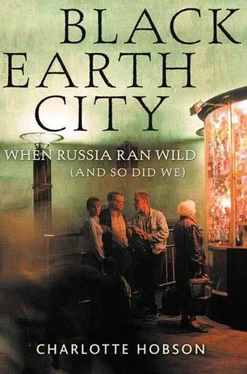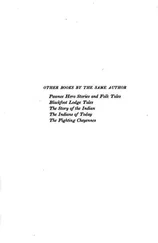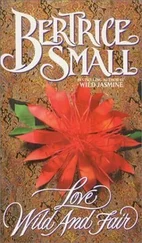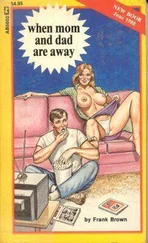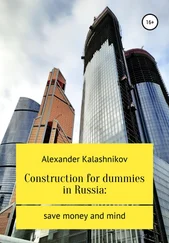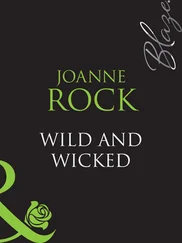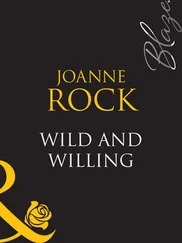Our shashlik was a makeshift affair. There’d been no time to marinade the meat, so we bought a small chicken and skewered it, whole, on a stick. The fire is meant to be carefully fostered in a metal drum of some kind, which we didn’t have; also the wood was wet. But Mitya remembered a can of lighter fluid in his bag that produced a leap of flame and foul-smelling black smoke. The chicken, drumsticks outstretched like a martyr, charred slowly in the fumes.
“Now let’s have a drink,” said Mitya, producing a bottle of vodka.
“I thought you said you were going to buy beer.”
“There was only the expensive beer. Anyway, vodka’s better. It’s a holiday today.”
“But we talked about it. We said we weren’t going to drink vodka today, or not until this evening, anyway.”
“Come on, we’re in the woods! It’s so beautiful! Don’t spoil it.” Mitya handed me a glass of vodka. “The first toast is to us. Let’s drink to all our future picnics. To English picnics this summer, maybe.”
I drank the vodka. The less I felt like drinking spirits, the more Mitya insisted on his daily intake. It had got to the stage where he regularly drank so much that the next day he remembered nothing beyond nine o’clock the previous evening: sitting in the hostel until one, walking home and going to bed were all expunged. Out there among the birch trees, I didn’t see the point of having a fight with him: our afternoon would only be ruined. I knew these arguments, anyway: they never came to anything. Mitya would agree absolutely and then go straight out and buy another bottle.
“Don’t worry,” said Mitya. “You worry too much. It’s fine. Listen—I heard this Chinese folk tale on the radio, it’s so good.” He lit a cigarette. “There was a man who lived in the mountains, and when he was very young he put on a pair of iron boots. And he never took them off. He wore them to walk all the way down to the river to collect water and to carry the water back up to his hut. He wore them to till his fields, he wore them to drive his animals to pasture and back again, he even wore them in bed. For twenty years he lived like this, until suddenly he took them off.”
“And then?”
Mitya blew smoke into the air and grinned. “He flew away! He took his iron boots off and just flew up into the air. Don’t you think the meat is cooked by now?”
Against all odds, the chicken was delicious; we ate it with bread and tomatoes—the first fresh tomatoes I’d tasted for months—and I couldn’t help feeling happy.
In the late afternoon we biked back through the woods and parted when we arrived at the central market, me to go back to the hostel, Mitya to go home.
“Meet you at seven outside the concert hall, all right?”
“OK. Don’t drink too much tonight, though, will you? You turn into someone I don’t know.”
He laughed. “Listen to her! You sound like a Russian woman. I won’t, I promise. Just enough.”
At quarter past seven, there was no sign of Mitya. People were streaming in to hear the jazz; they had dressed up and were chatting eagerly. Fifteen minutes more passed, and finally a figure appeared running across Lenin Square.
“Sorry,” he panted when he got to me. His eyes had the red-rimmed, blank look that meant he’d had at least a bottle. “Lapochka and I… we got held up.”
Lapochka, Petya Pravda, and a girl I didn’t know were walking behind, gesticulating energetically to each other in the way that very drunk people do.
“After you went back to the hostel, Lapochka and I met up for a bit of a celebration,” Mitya explained. “We just came to get you. The concert doesn’t start till seven forty-five. Come on—”
We went to the back of the opera house to a dingy yard. Four men were already there, sharing a couple of bottles of vodka.
“Look.” Mitya pointed at them. “It’s Victory Day. It would be disloyal not to get drunk.”
The others arrived and produced some brandy. “No glasses. It’s straight from the bottle.”
We stood in the yard, watching a stray dog nose at a mound of rubbish, and drank the bottle. After a time my fury abated and instead tears rose to the back of my eyes. Mitya put his arms around me.
“Don’t worry, milaya ,” he said. “We’re just taking our iron boots off, don’t you see?”
“Taking them off and… flying away!” Petya Pravda repeated, giggling.
We saw only part of the concert. Our arrival caused a small commotion; we had seats right at the front and the audience were united in their disgust at this shambling group that was arriving late and clearly the worse for wear.
“It’s a disgrace!” hissed the usher, as she led us to our row.
Lapochka made things worse by pointing out a remarkable similarity between the musicians’ appearances and their instruments. The tuba player was shiny and tubular; the pianist was straight-backed with black and white teeth. The boys were convulsed with laughter, and the people behind us began to whisper furiously. After a while, Petya Pravda leaned across with a confidential air and said, “I don’t know about you, but I’m thirsty.”
“We need a beer to set us right. Let’s go.”
Outside it was dark. I sat on a bench while they bought beer from the kiosks outside the Spartacus cinema. Most of the women seemed to have gone home but there were still crowds of men milling about in the streets, drinking and spitting on the sidewalk. Under the yellowish streetlights their faces were shiny and, it seemed to me, hostile. Music was blaring from the kiosks.
“You bastard, that’s mine!” shouted someone from the park behind us. “Give it!”
I turned around. Through the darkness I could just make out two figures struggling on the grass. Men were standing around and watching them fight.
When I turned back, Mitya and Lapochka were laughing, looking toward the classical facade of the cinema.
“Where’s Petya gone?”
“Over there,” said Lapochka. “He wants to climb up the Spartacus.”
“Let’s watch,” shouted Mitya. “Come on!”
Things moved fast after that. Mitya and Lapochka staggered across the road to the cinema. As they reached the sidewalk a police van drew up. Two policemen jumped out and slid open the doors.
“Right, boys,” I heard them say. “To the lockup with you.” By the time I reached them, Mitya and Lapochka were in the van and the doors were closed.
“Where are you taking them?”
“To the vytrezvitel , the lockup, to sleep it off. They’ll be out in the morning. Go home, dyevushka. Your friends are bad news.”
In the pool of silence that followed the van’s departure, I sensed myself being noticed. A woman walking alone at that time of night could only be working. I began to thread my way through the crowd in the direction of the hostel.
“Hey, dyevka , you on your own?” asked a guy, putting his hand on my elbow.
“No,” I snapped, and shook him off. He was too drunk to respond. On Revolution Prospect there was a fight going on outside one of the bars; I crossed to the other side of the street and a group of men gestured to me.
“You coming to join us, beauty?”
I walked on. The trolleybus stops were deserted, which could only mean that the trolleybuses had stopped running for the night. I stuck my thumb out for a taxi and almost immediately a car stopped beside me.
“Where to?” said the driver.
“Just up Friedrich Engels Street.”
He nodded, and it was only when I was already sitting down that I saw there was another man in the back.
“How about a drink? Have a little one with us.” The man lurched across and put an arm around me.
“No, thank you,” I replied coldly.
Читать дальше
